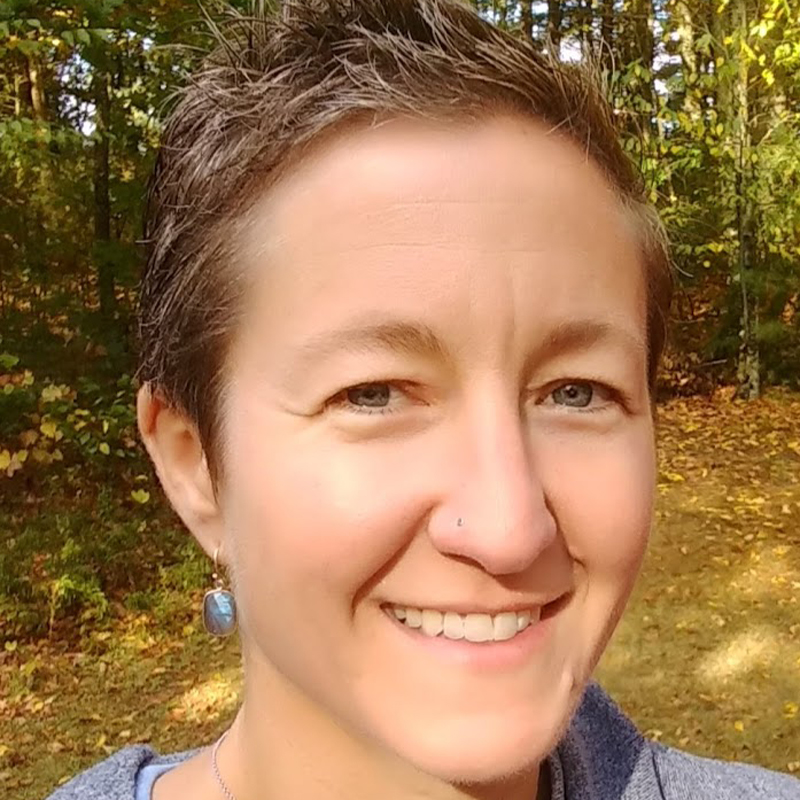Faculty Research Fellow Heidi Peltier Authors Op-Ed Quantifying Jobs Potential of Conservation Funding
 Heidi Peltier, a Research Professor at the BU Department of Political Science and a Pardee Center Faculty Research Fellow, authored an op-ed for The Conversation exploring the economic opportunities presented by conservation of—as opposed to expanded oil and gas development on—public lands.
Heidi Peltier, a Research Professor at the BU Department of Political Science and a Pardee Center Faculty Research Fellow, authored an op-ed for The Conversation exploring the economic opportunities presented by conservation of—as opposed to expanded oil and gas development on—public lands.
Using an input-output model, Prof. Peltier shows that each $1 million of spending in conservation and related industries creates between 17 and 31 jobs, while the same amount of spending in the oil and gas industry yields just eight jobs.
“[O]il and gas development are among the most capital-intensive industries in the economy, meaning that the bulk of the spending in these industries is for equipment, including drilling platforms, pipelines and refining plants. Only a small portion of the spending is for labor costs – 13% as of 2018,” writes Prof. Peltier. “Conservation is much more labor-intensive, with a higher proportion of overall spending going to pay workers rather than buy equipment and materials.”
Prof. Peltier argues in favor of The Great American Outdoors Act (GAOA)—which passed the Senate in a bipartisan 73-25 vote on Wednesday—calculating that the bill’s $900 million of annual funding for the Land and Water Conservation Fund would support up to 28,000 jobs. She estimates that the GAOA would support an additional 59,000 jobs in parks development and public lands restoration around the country.
“Conservation and park jobs, in addition to having a wide range of skill level and pay, also are spread throughout the country, unlike oil and gas development, which is concentrated in the Gulf states, Pennsylvania, Ohio, North Dakota, Alaska and the Pacific Northwest,” writes Prof. Peltier.
Read the full op-ed here.
Prof. Peltier, an economist, is Director of the Costs of War project’s “20 Years of War” research series at the Pardee Center, launched in October 2019 in collaboration with Brown University’s Watson Institute for International and Public Affairs. The ongoing Costs of War project at the Watson Institute has explored the human, financial, environmental, social, and political costs of the post-9/11 wars. The two-year “20 Years of War” series based at the Pardee Center is producing a new set of analyses to mark the 20th anniversary of the beginning of the post-9/11 wars.